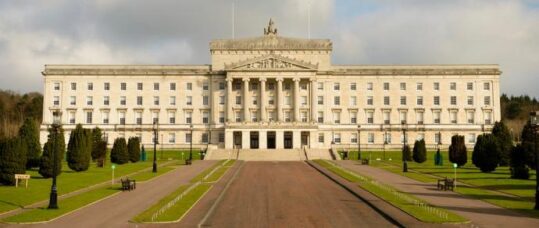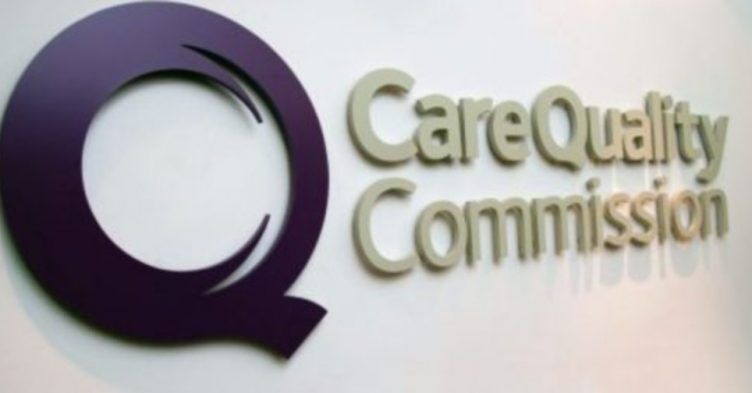Northern Ireland’s new health minister, Robin Swann, has said he will meet with trade unions representing nurses this week in a bid to resolve an ongoing dispute over staffing and pay.
The proposed talks between the health minister, the Royal College of Nursing (RCN) and the union Unison follows historic strike action over a lack of pay parity with the rest of the UK and unsafe staffing levels.
Mr Swann, who was appointed health minister last week, said on 12 January that he will meet with trade unions ‘as soon as possible this week’ in order to get the dispute ‘sorted right away’.
‘Obviously, the financial package for the new executive and support from other ministerial colleagues will be central to making that happen,’ he added.
‘There’s a massive challenge for all of us in making our health service better and our great staff have a vital role to play in that.’
The meeting is now possible because Stormont’s political institutions were restored this weekend after the collapse of a coalition between Sinn Féin and the Democratic Unionist Party in 2017.
The deal that resulted in the Northern Ireland Assembly returning to sit, ‘New Decade, New Approach‘, has set out several healthcare promises.
This includes ‘an extra 9000 nursing and midwifery undergraduate places over three years’ and additional funding to deliver pay parity with England and Wales.
RCN members in Northern Ireland – who have been on strike for the first time in the College’s 103-year history – are set to strike again on the 20, 22 and 24 January if their demands are not met.
They have staged five walkouts since December so far.
Striking as a ‘last resort’
There are almost 2,800 unfilled nursing posts within the health service in Northern Ireland and the RCN argues that pay has dropped by 15% in real terms in recent years.
Nurses have said they want their pay to be equal to their colleagues in the rest of the UK.
In 2014, then-health minister Jim Wells said he had to ’exercise a degree of restraint’ on pay for healthcare workers for financial reasons.
Since then, a pay differential has developed, with nurses in Northern Ireland currently earning around £2,000 less than colleagues in Scotland, and around £1,500 less than England and Wales.
RCN Northern Ireland director Pat Cullen welcomed Mr Swann to his new post and called for an ‘immediate meeting’ to resolve the dispute.
She continued: ‘Nurses could not have made it clearer that they do not want to be standing on picket lines losing yet more pay. They want to get back on the wards and in the community, treating and caring for patients like they should be.’







